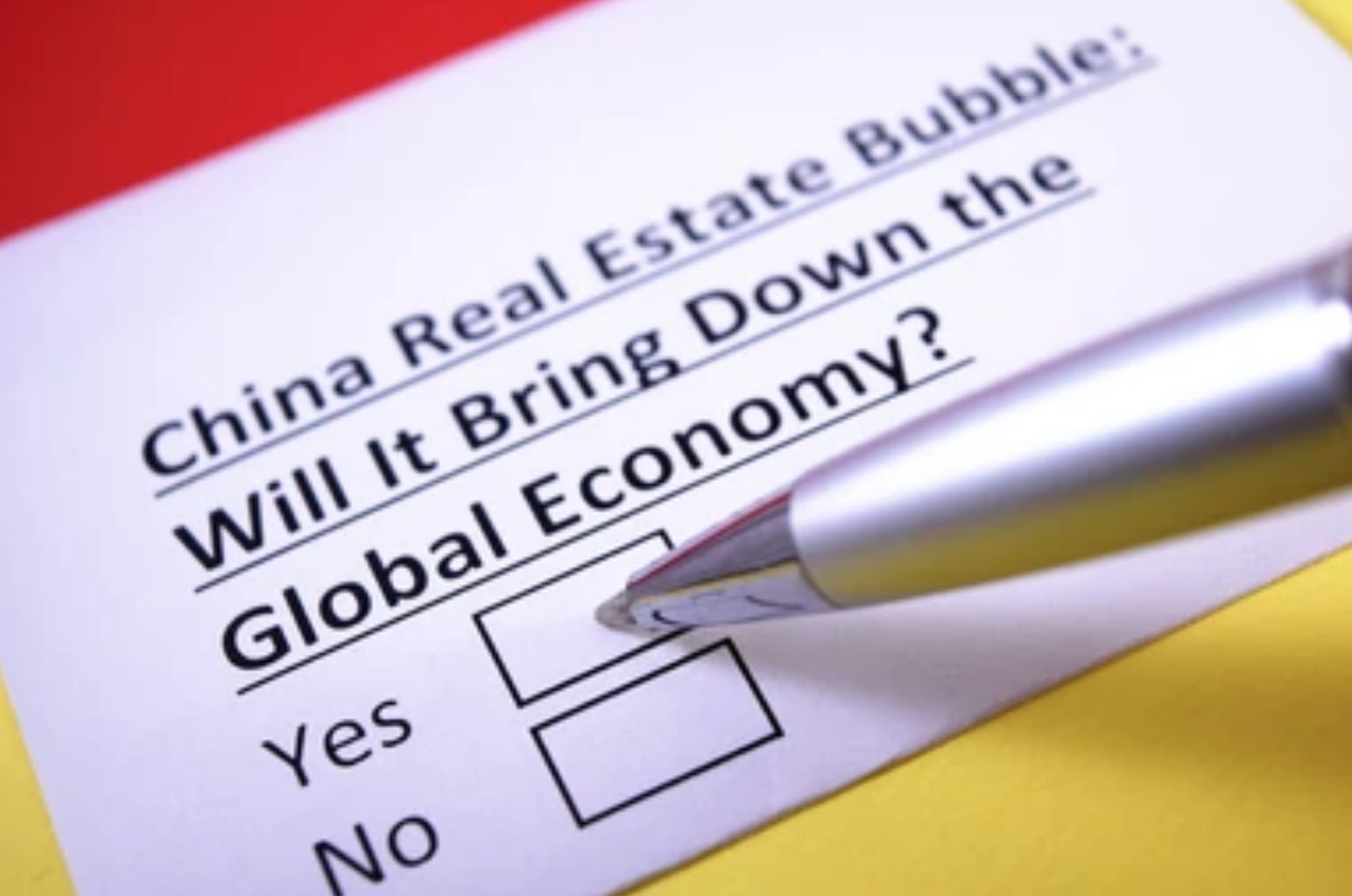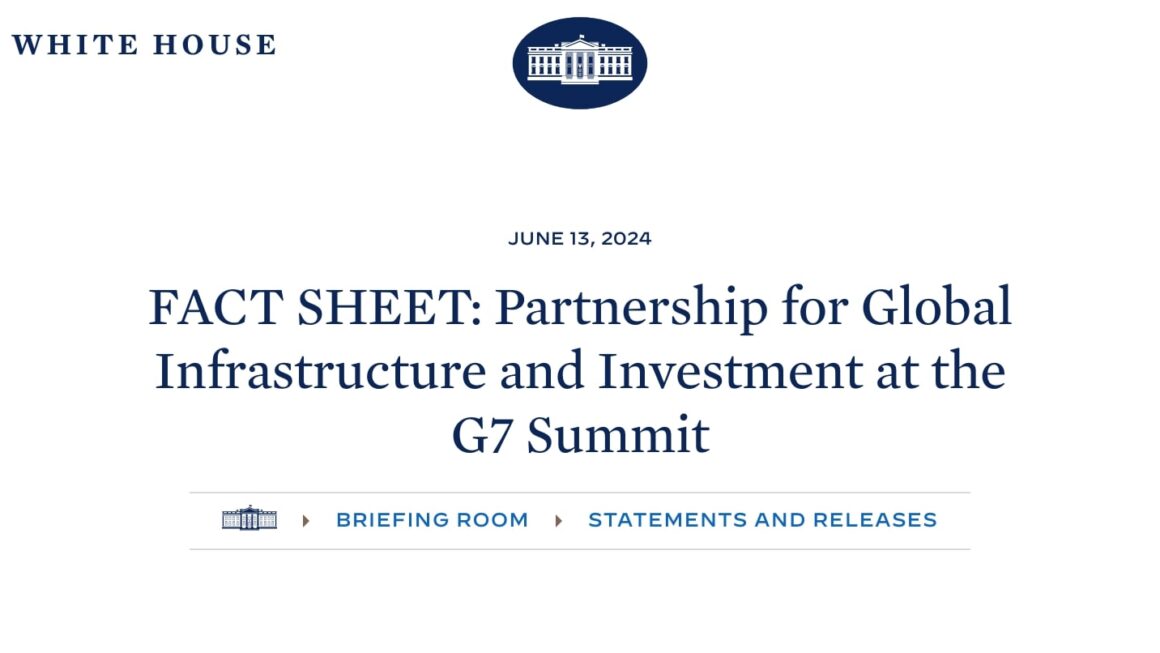Introduction
In recent months, the global financial markets have been closely watching the situation unfold in China as Evergrande, one of the country’s largest real estate developers, faces a severe crisis. Once a symbol of China’s rapid economic growth and expansion, Evergrande is now teetering on the brink of collapse, raising concerns not only within China but also across international financial circles. This article delves into the factors that led to Evergrande’s downfall, its potential impact on China’s economy, and the broader implications for global markets.
Rise and Expansion
Evergrande Group, founded in 1996 by Xu Jiayin, grew from a small property company into a massive conglomerate with diversified interests including real estate development, tourism, electric vehicles, and more. The company’s rapid expansion was fueled by a booming Chinese property market and a culture of debt-driven growth.
The Real Estate Bubble
China’s property market, often characterized as a potential bubble, played a significant role in Evergrande’s rise and subsequent fall. As property prices soared, Evergrande aggressively expanded its real estate projects, taking on a massive amount of debt to finance its ventures. The company’s debt-fueled growth strategy became increasingly unsustainable as housing prices became disconnected from the average citizen’s ability to afford them.
Debt Crisis and Liquidity Issues
Evergrande’s financial troubles came to a head when it found itself buried under a mountain of debt exceeding $300 billion. The company’s aggressive expansion and lavish spending left it struggling to repay its creditors, including banks, suppliers, and investors. Reports of unpaid bills and protests by angry homebuyers became a regular occurrence, reflecting the growing desperation among those owed money.
China’s Regulatory Crackdown
The Chinese government’s crackdown on excessive debt and risky financial practices added further pressure on Evergrande. In an effort to rein in the property market and prevent potential systemic risks, Chinese authorities implemented stricter regulations on real estate developers’ borrowing and lending activities. Evergrande’s heavy reliance on debt financing made it particularly vulnerable to these new regulations.
Potential Impact on China’s Economy
The collapse of Evergrande has the potential to send shockwaves through China’s economy. The company’s vast network of projects and operations spans various sectors and regions, which could lead to a domino effect, affecting suppliers, contractors, and local economies. The fear of a broader economic slowdown or even a recession looms large if the situation is not effectively managed.
Global Ramifications
While Evergrande’s primary impact will be felt within China, its collapse could reverberate throughout global financial markets. The interconnectedness of the modern economy means that even seemingly localized crises can have far-reaching consequences. International investors, including bondholders and creditors, could face significant losses. The situation could also dent investor confidence in China’s markets, prompting capital outflows and increased scrutiny of other Chinese companies.
Government Response and Future Outlook
Recognizing the potential for a larger economic crisis, the Chinese government has taken steps to mitigate the fallout from Evergrande’s collapse. Local governments have been instructed to support affected homebuyers and property investors, and there have been reports of efforts to facilitate debt restructuring and asset sales within Evergrande. However, the complexity of the company’s financial situation and the scale of its debts make finding a swift and effective solution challenging.
Conclusion
The Evergrande crisis serves as a stark reminder of the risks associated with debt-fueled growth and the potential dangers of an overheated property market. It highlights the need for careful regulation and oversight to prevent excessive risk-taking that could lead to systemic instability. As China navigates the challenges posed by Evergrande’s collapse, both the country and the global community will be closely watching to see how this situation unfolds and what lessons can be learned for the future.














